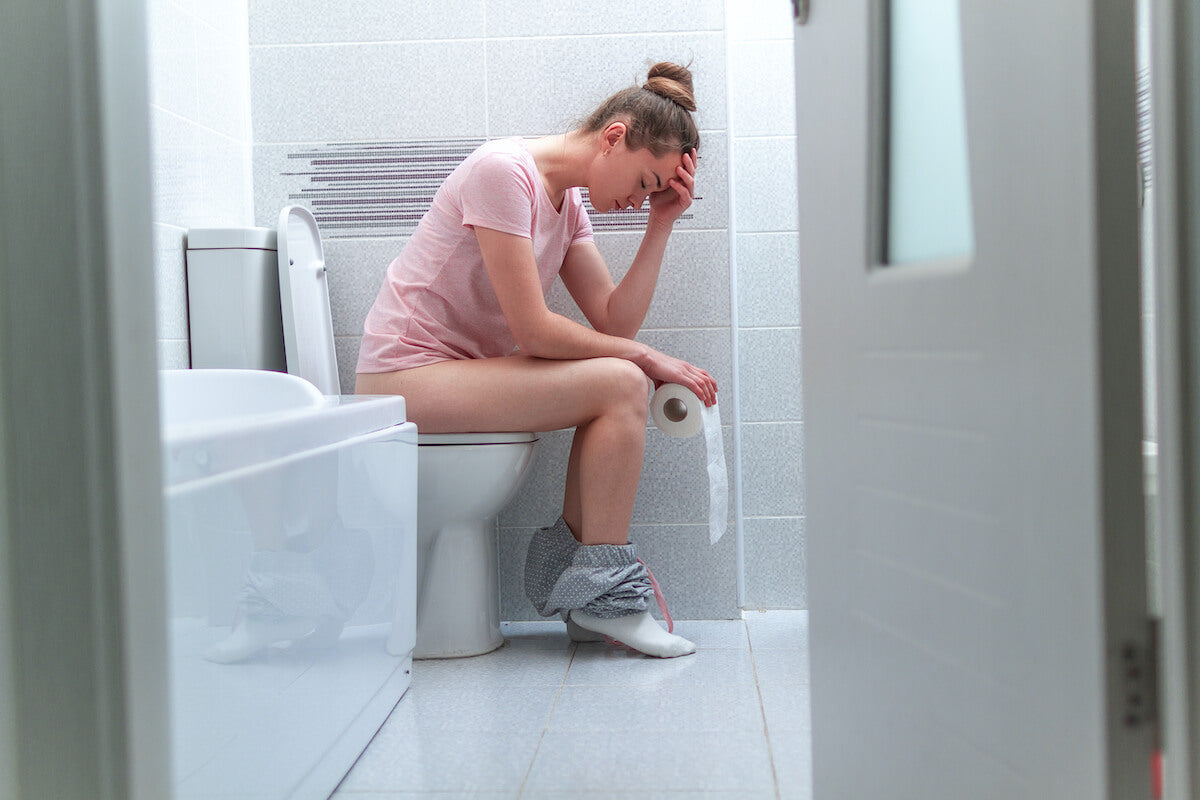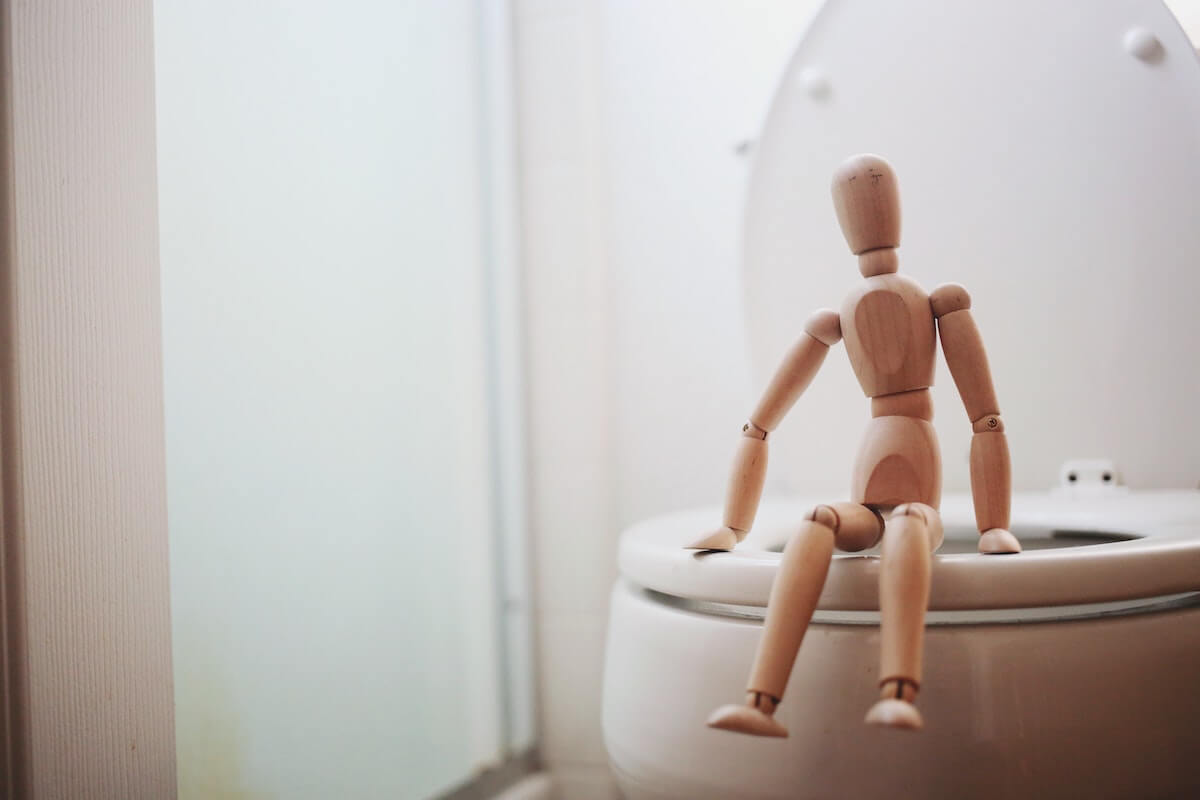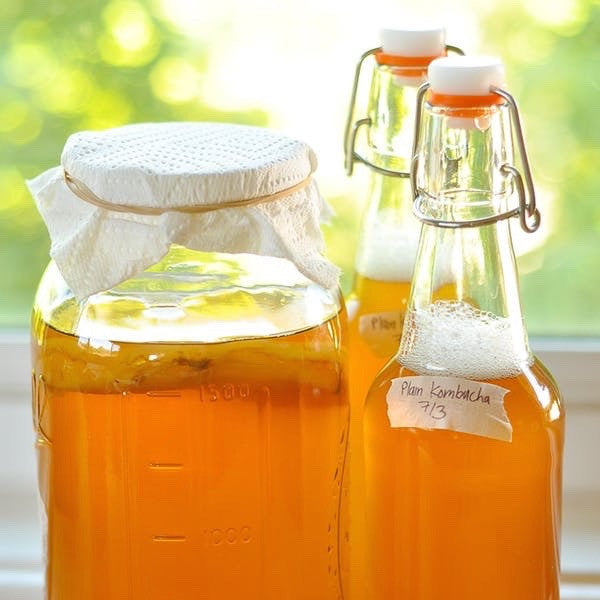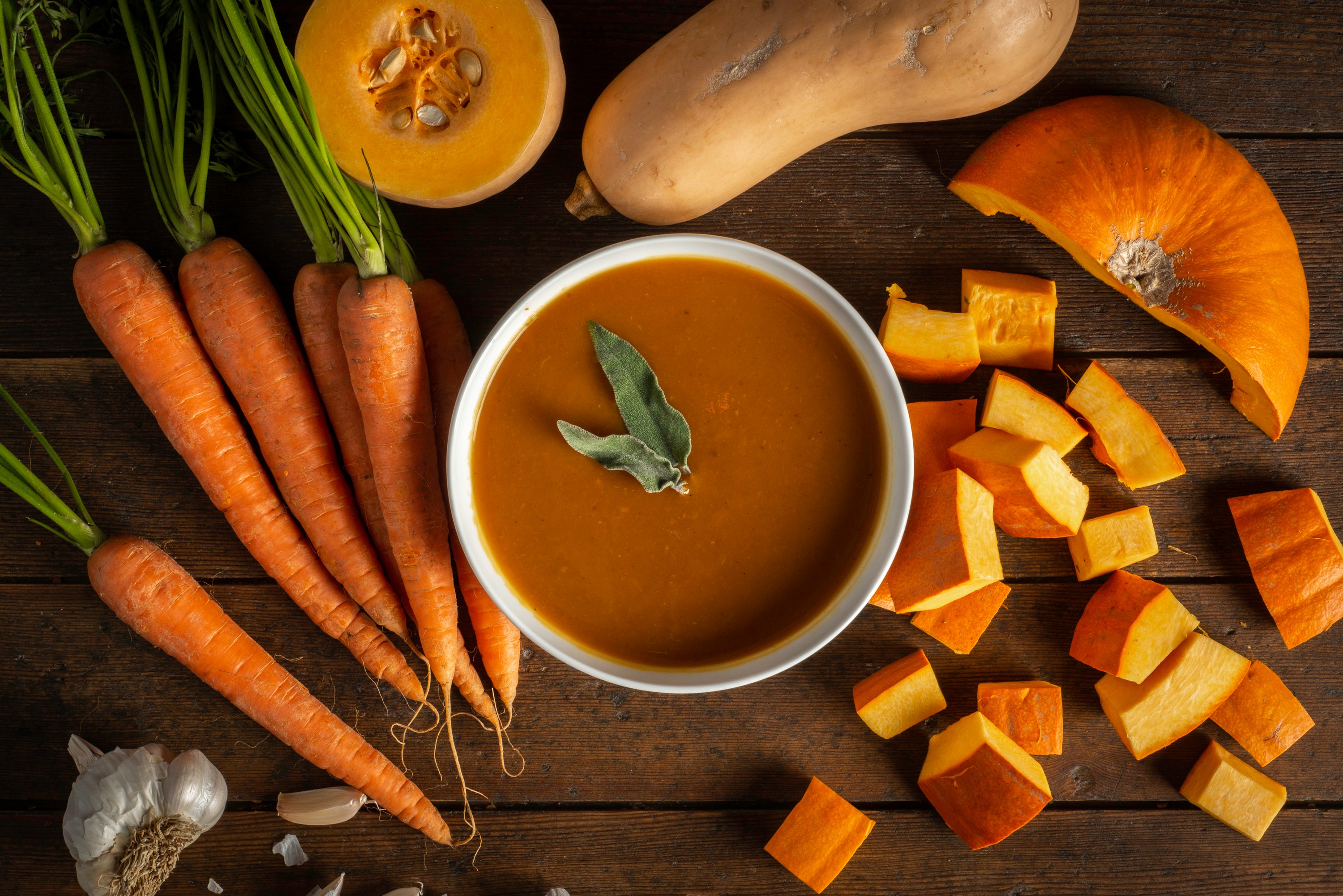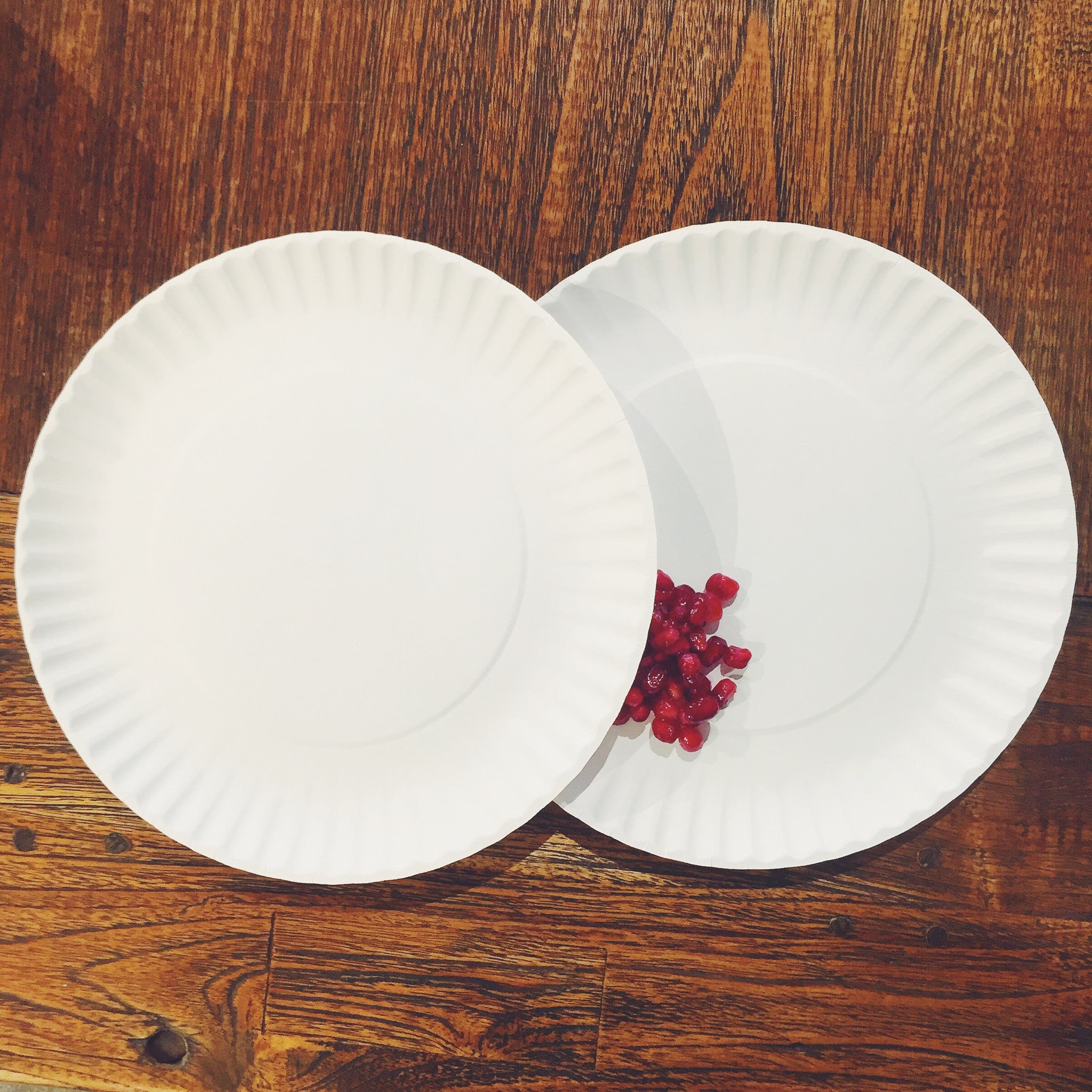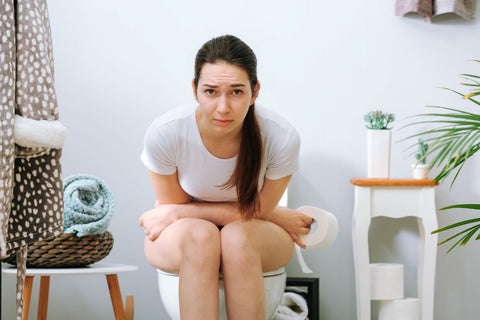
Shit happens. But then there are times when it doesn’t. Constipation can creep up on anyone at any time, much like its twin, diarrhea. If you’ve experienced your share of turtle heading or prairie dogging then you know that there are plenty of home remedies out there that don’t work… or they sort of work. There are many home remedies but one, in particular, works better than most and that is baking soda. But before we get into that, let’s discuss the symptoms and causes of constipation.
Symptoms of Constipation
How do you know you’re constipated? Aside from not being able to take a dump, here are some telltale signs that you may be suffering from constipation:
Difficulty Passing Stool
Do you feel like there is a boulder in the way of your bowel movement? Feeling as though there's a blockage in your rectum that prevents bowel movements is a clear sign that you are constipated. Feeling as though you can't completely empty the stool from your rectum. Needing help to empty your rectum, such as using your hands to press on your abdomen and using a finger to remove stool from your rectum.
Straining to Pass Stool
If you are able to poop but you are straining, you may be constipated. Straining too much can cause hemorrhoids and tears in your anus. In more extreme cases, straining on the toilet has led to fainting, and sometimes, even death. Some believe Elvis’s heart attack was caused by overexertion on the potty.
Less Stool Than Normal
Another sign of constipation is the slowing of your bowel movement frequency. If you go from twice a day to once every three days, you’re absolutely constipated. Normal bowel frequency ranges between three bowel movements per day to one movement every three days. That is a wide range but everybody is different and you know how often you normally drop a two.
Dry, Lumpy, Hard Stool
The stool you pass is hard, dry and lumpy, and it feels like it's going to tear you a new one on it’s way out, then you are definitely constipated. If you look at the Bristol Stool Chart below, you’ll see the consistency of what you want from your poop vs. what you really don’t want:

Common Causes of Constipation
Constipation most commonly occurs when waste or stool moves too slowly through the digestive tract or cannot be eliminated effectively from the rectum, which may cause the stool to become hard and dry. Your colon’s main job is to absorb water from residual food as it’s passing through your digestive system. It then creates stool (waste). The colon’s muscles eventually propel the waste out through the rectum to be eliminated. If stool remains in the colon too long, it can become hard and difficult to pass. This can be caused by a few different things.
Medications
Constipation is a side effect of many prescription and over-the-counter drugs. These include antacids that contain aluminum, antispasmodics, antidepressants, tranquilizers and sedatives, bismuth salts, iron supplements, diuretics, anticholinergics, calcium-channel blockers, and anticonvulsants.
Irritable Bowel Syndrome (IBS)
Some people who suffer from IBS have sluggish bowel movements, straining during bowel movements, and abdominal discomfort. Constipation may be the predominant symptom, or it may alternate with diarrhea. Cramping, gas, and bloating are also common.
Celiac Disease
While the celiac disease may cause diarrhea in some people, it may cause constipation in others. ... Summary Celiac disease may cause the small intestine to absorb moisture from the stool, resulting in constipation. Additionally, a gluten-free diet may decrease fiber intake and can cause constipation.
Lack of Fiber
A poor diet frequently causes constipation. Dietary fiber and adequate water intake are necessary to help keep stools soft. Fiber-rich foods are generally made from plants. Fiber comes in soluble and insoluble forms. The soluble fiber can dissolve in water and creates a soft, gel-like material as it passes through the digestive system.
Dehydration
Dehydration is a common cause of constipation, and drinking plenty of water can often help to ease or resolve the symptoms. When a person becomes dehydrated, their intestines cannot add enough water to stools. This results in hard, dry, and lumpy stools and can lead to constipation.
Holding It In Too Long
If you have to go, go. If you hold in a bowel movement, for whatever reason, you may be inviting a bout of constipation. People who repeatedly ignore the urge to move their bowels may eventually stop feeling the urge.
Changes In Diet or Daily Routine
Traveling can give some people problems because it disrupts normal diet and daily routines. Aging often affects regularity by reducing intestinal activity and muscle tone. Pregnancy may cause women to become constipated because of hormonal changes or because the enlarged uterus pushes on the intestine.
What Is Baking Soda Exactly?
Baking soda is one of the most widely used leaveners in baked goods. This simple chemical compound, also known as sodium bicarbonate, is found in crystalline form in nature but is ground to a fine powder for use in cooking.
How To Use Baking Soda for Constipation Relief
Baking soda has been used as an antacid for decades. Consuming it can help neutralize your stomach acid. That’s why some people use it as an all-natural remedy for heartburn and indigestion. Some people also promote baking soda as a constipation treatment.
Take Baking Soda Orally
Some people claim that consuming baking soda helps ease constipation by pulling water into your digestive tract and promoting muscle contractions. When it combines with stomach acid, baking soda also produces gas and causes you to burp. Some people claim this provides relief from some constipation symptoms.
Soak In A Baking Soda Bath
According to El Camino Hospital, soaking in a bath with baking soda may help relieve rectal pain associated with constipation. It may also relax your anal sphincter, which may help you produce a bowel movement.
To prepare a bath with baking soda, fill your tub with warm water and add 2 ounces of baking soda. Soak in it for 20 minutes.
Common Side Effects of Baking Soda Consumption
Of course, every miracle cure has its downsides. Rare side effects have been reported from consuming baking soda. In some cases, consuming too much baking soda can cause constipation. It can also cause:
- Vomiting
- Diarrhea
- Frequent urination
- Muscle weakness
- muscle spasms
- Convulsions
- Irritability
Baking soda consumption has also been linked to cases of the ruptured stomach. When it mixes with stomach acid, baking soda produces carbon dioxide. If your digestive tract is unusually full, the gas may not be able to escape. If it builds up too much, your stomach can potentially burst in very rare cases.
Baking soda is also high in sodium. Consuming too much sodium can raise your risk of health problems, especially if you’re sensitive to salt or you have high blood pressure, kidney disease, or heart disease.
Mixing baking soda with some other medications or supplements may cause unwanted drug interactions.
When to See a Doctor
Speak to your doctor before using baking soda to treat constipation. If you take baking soda for constipation and experience sudden severe abdominal pain, seek emergency medical attention.
Frequently Asked Questions
Is baking soda used as a laxative?
Baking soda is one of the best-proven home remedies for constipation. It re-alkalizes the stomach, neutralizes the acids and gives relief from stomach ache.
How fast does baking soda work for constipation?
To prepare a bath with baking soda, fill your tub with warm water and add 2 ounces of baking soda. Soak in it for 20 minutes.
How much baking soda do I take for constipation?
Mix one teaspoon of baking soda in a quarter cup of warm water.
Final Thoughts
In most cases, treating constipation can be as simple as changing your lifestyle like eating more fiber and drinking more fluids to help your bowels get moving. If you’ve ever experienced severe constipation, you know that you would try literally anything just to have a good healthy poop again. Baking soda is a viable natural home remedy to resort to in order to treat constipation.


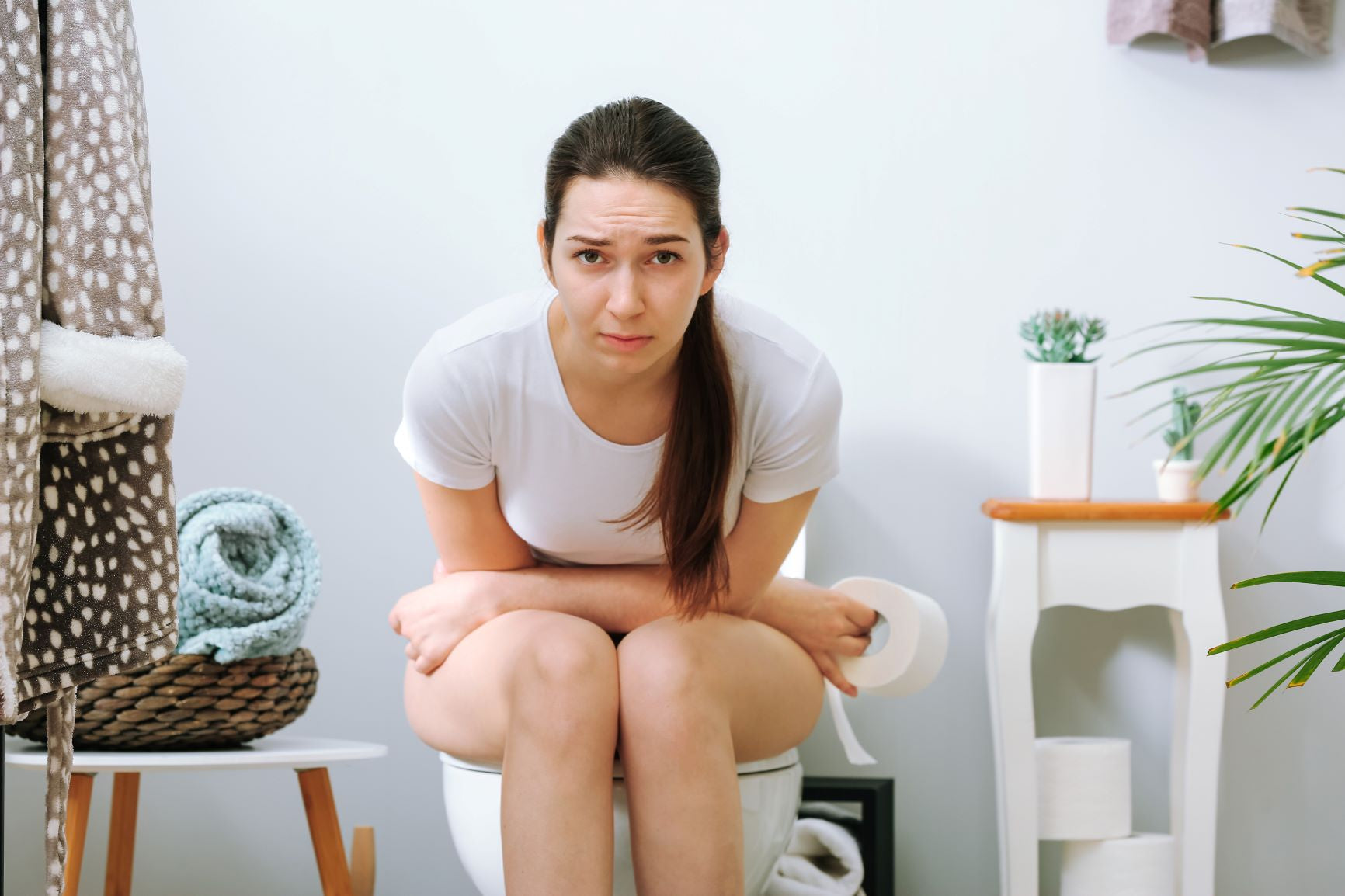
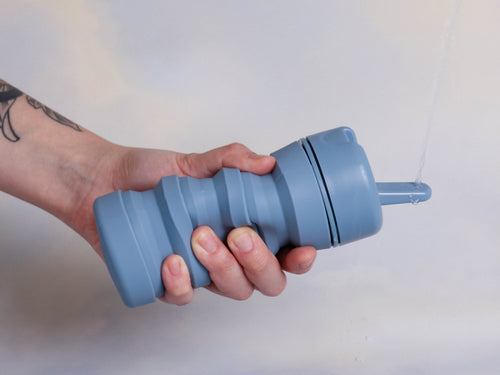
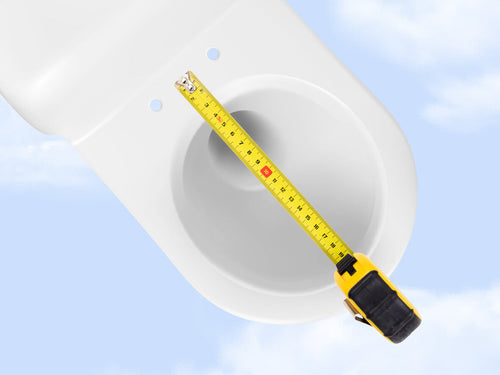




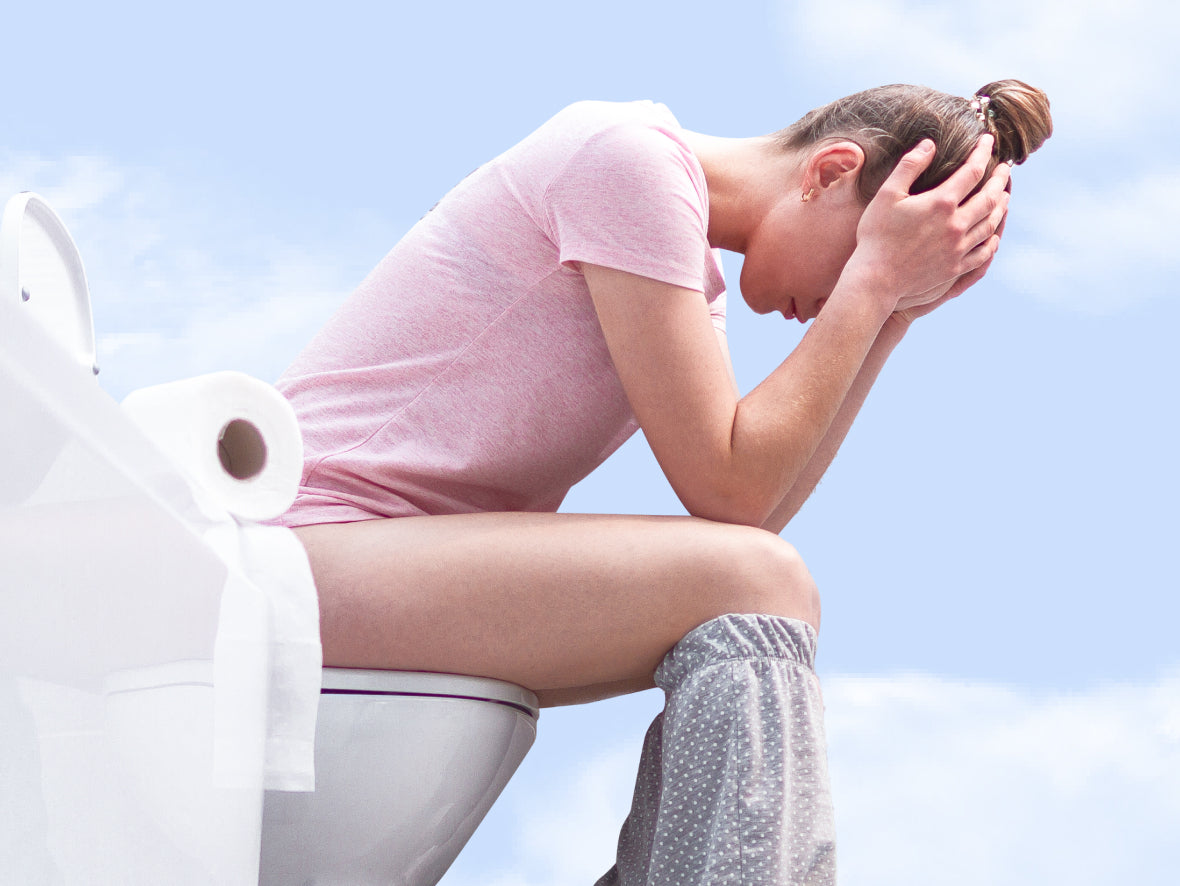



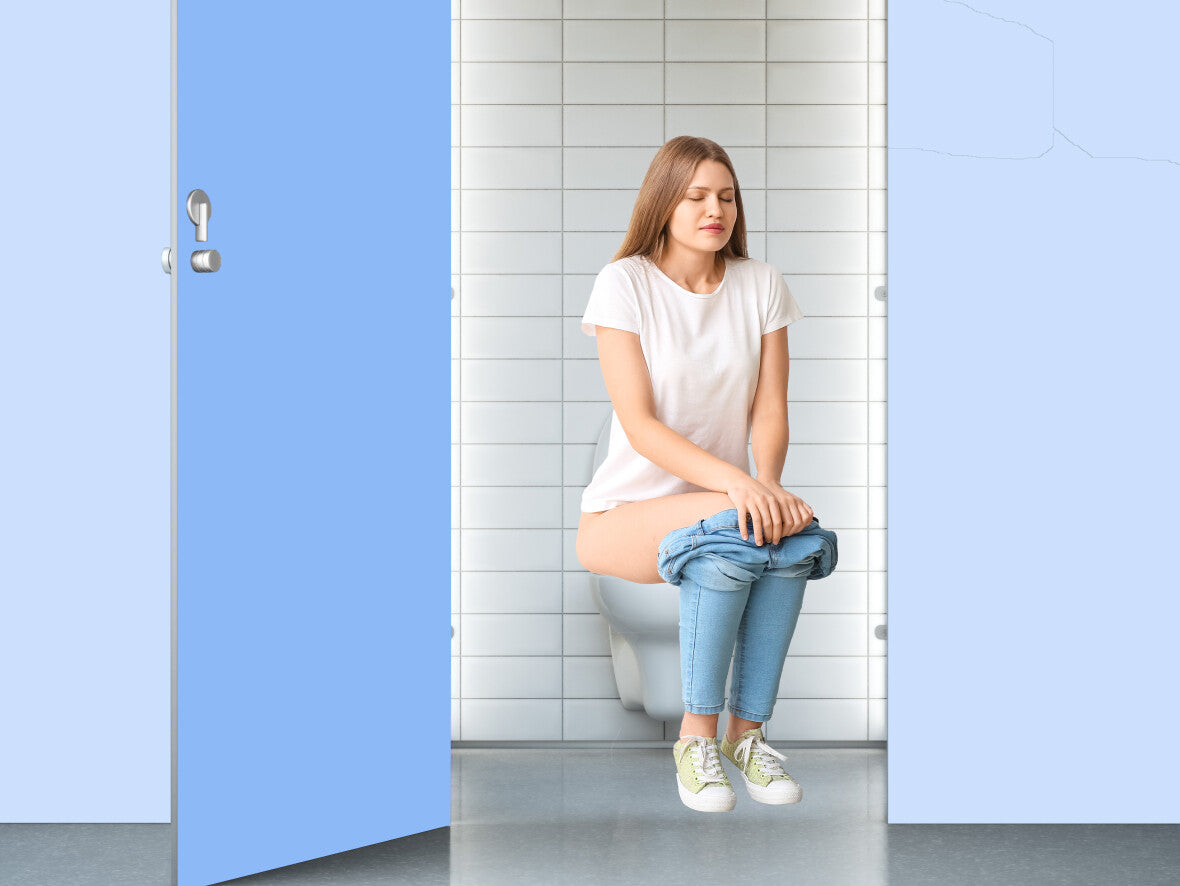
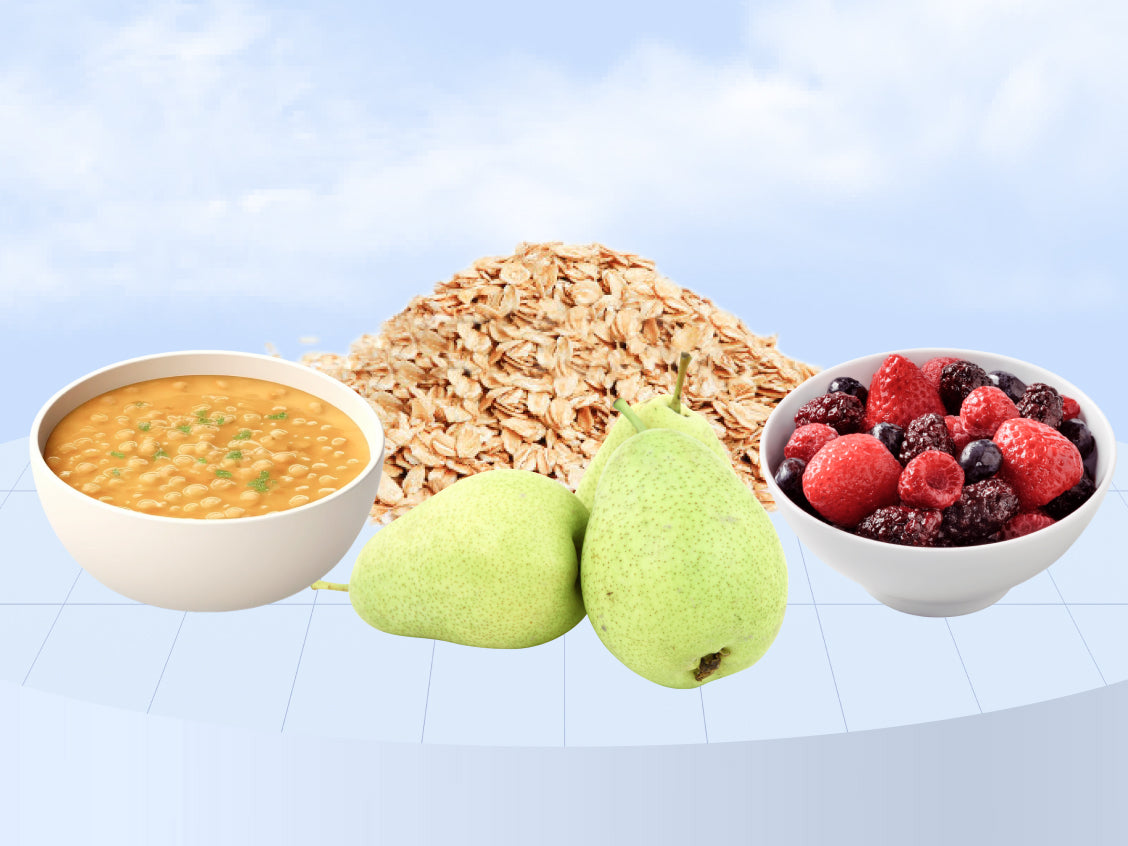

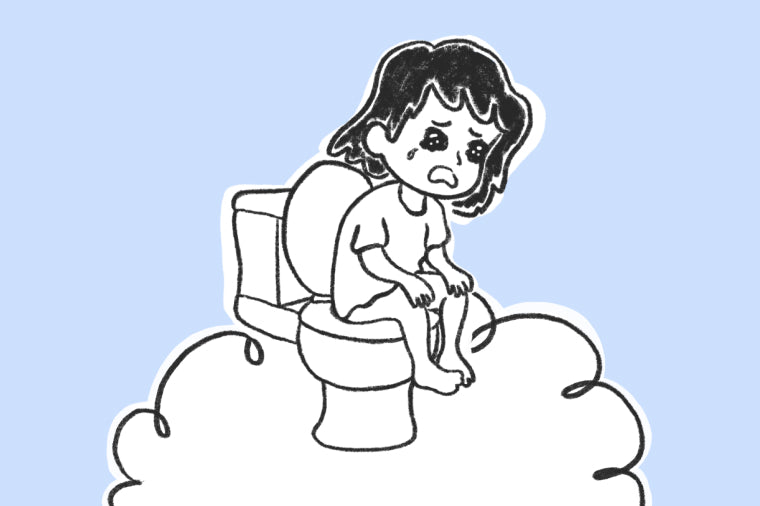

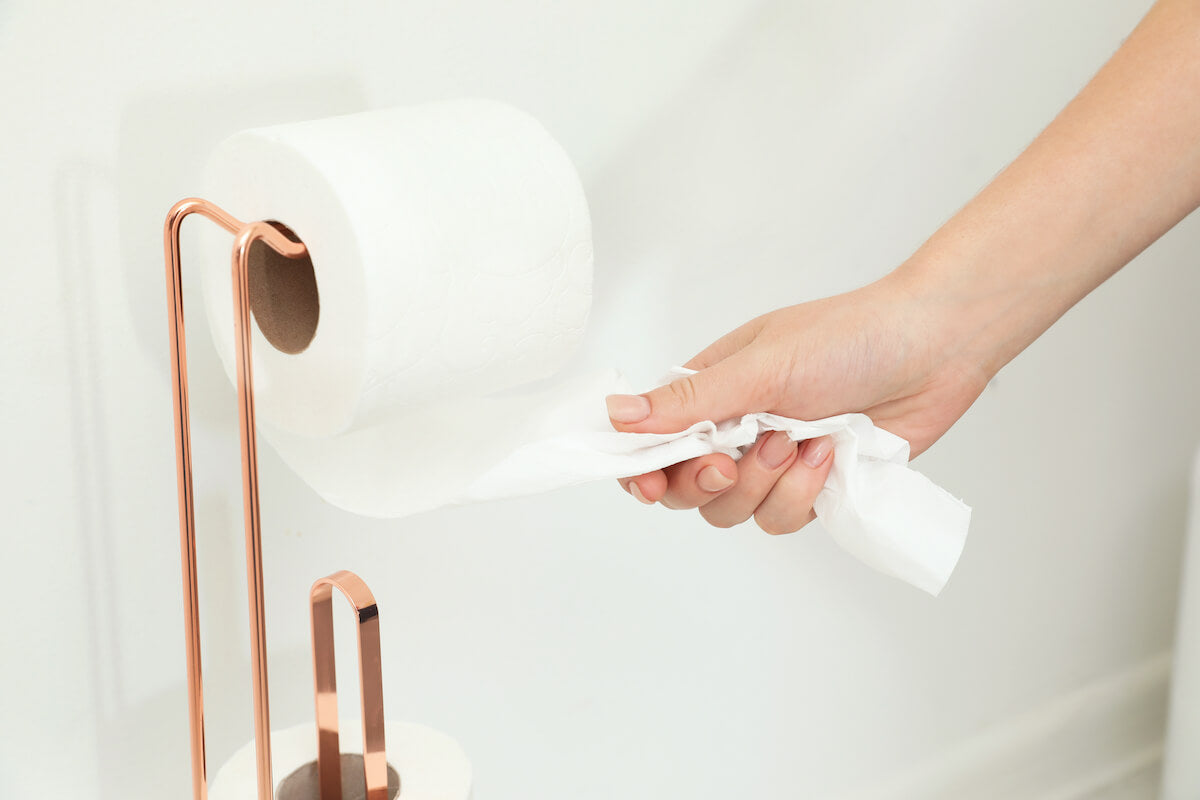


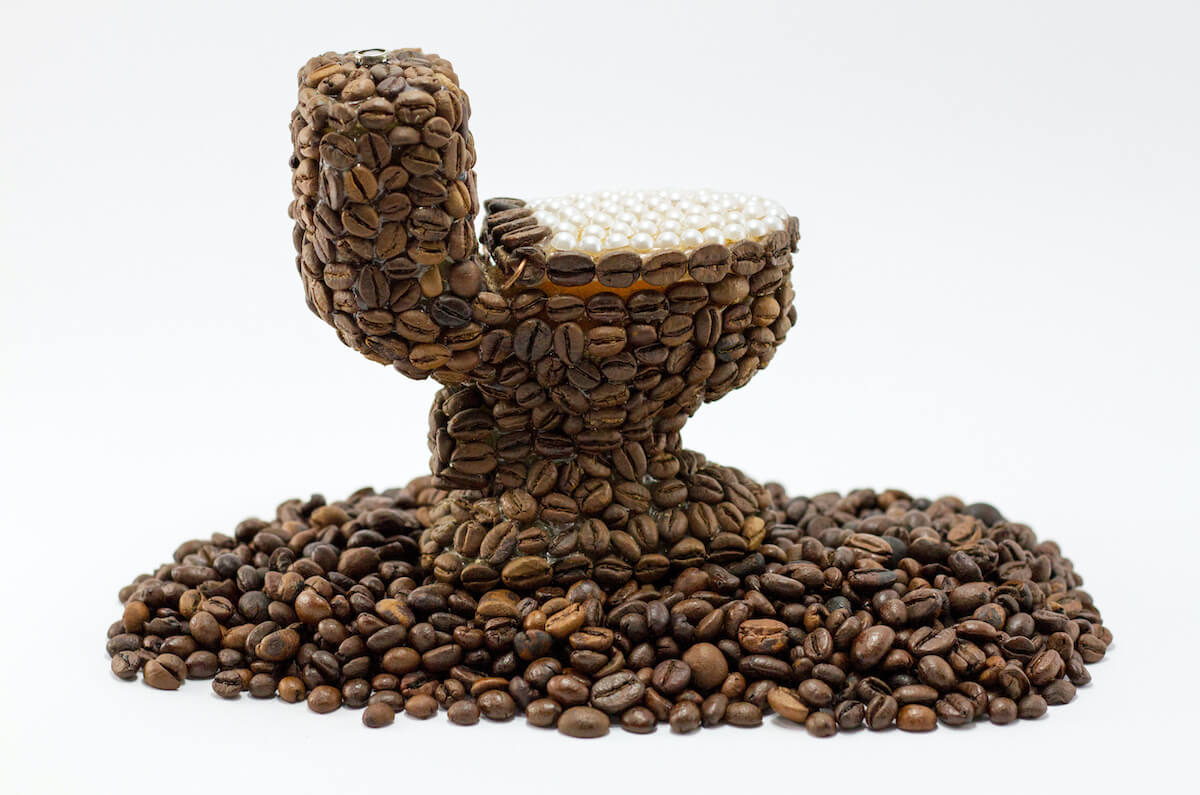


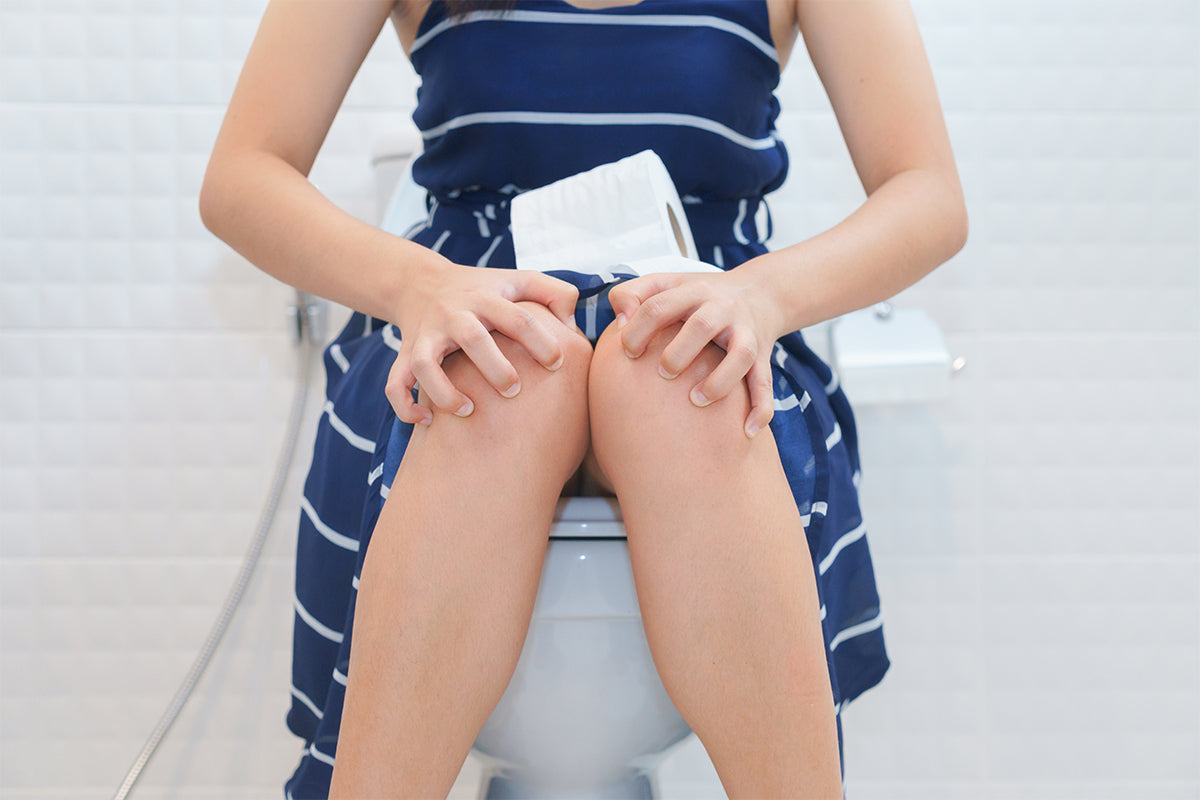
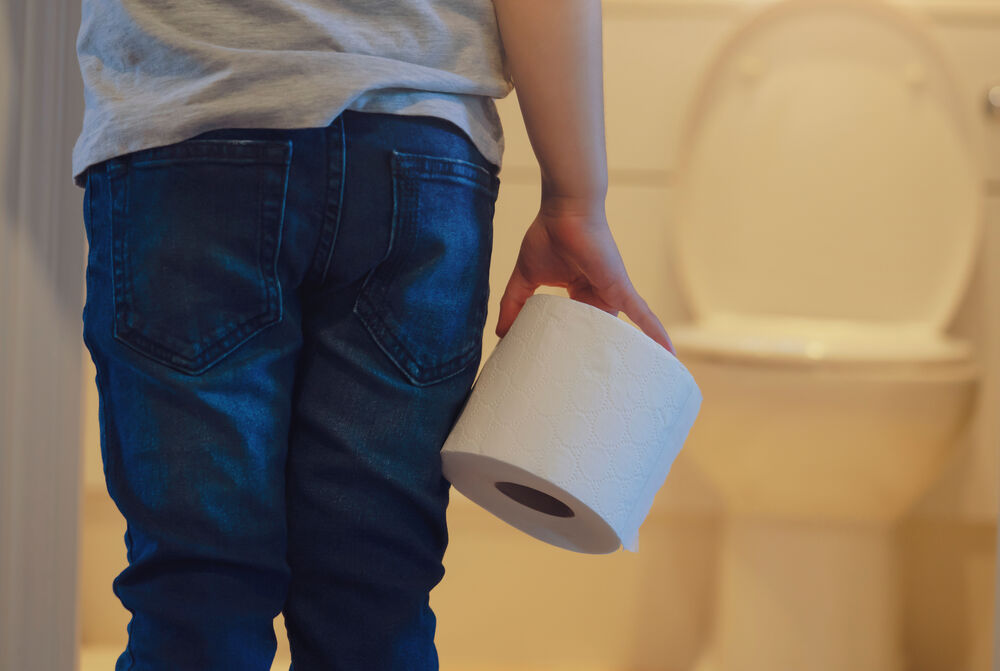

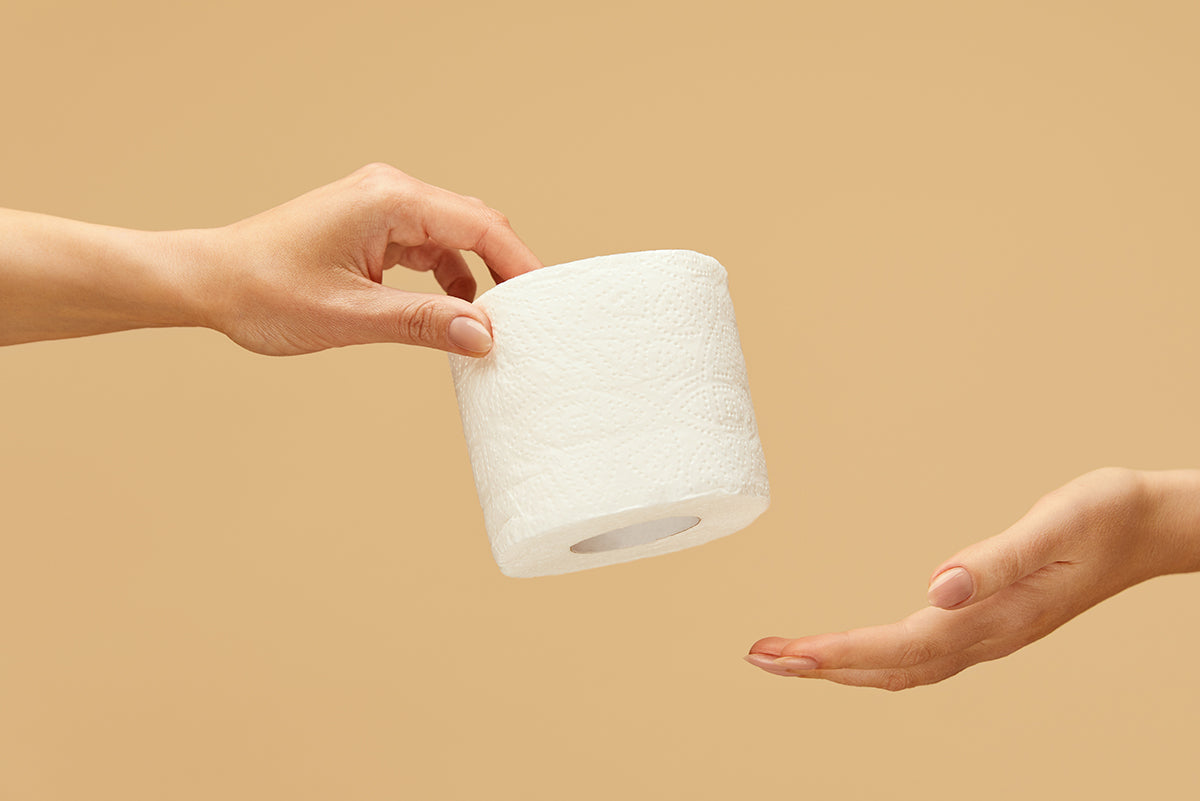


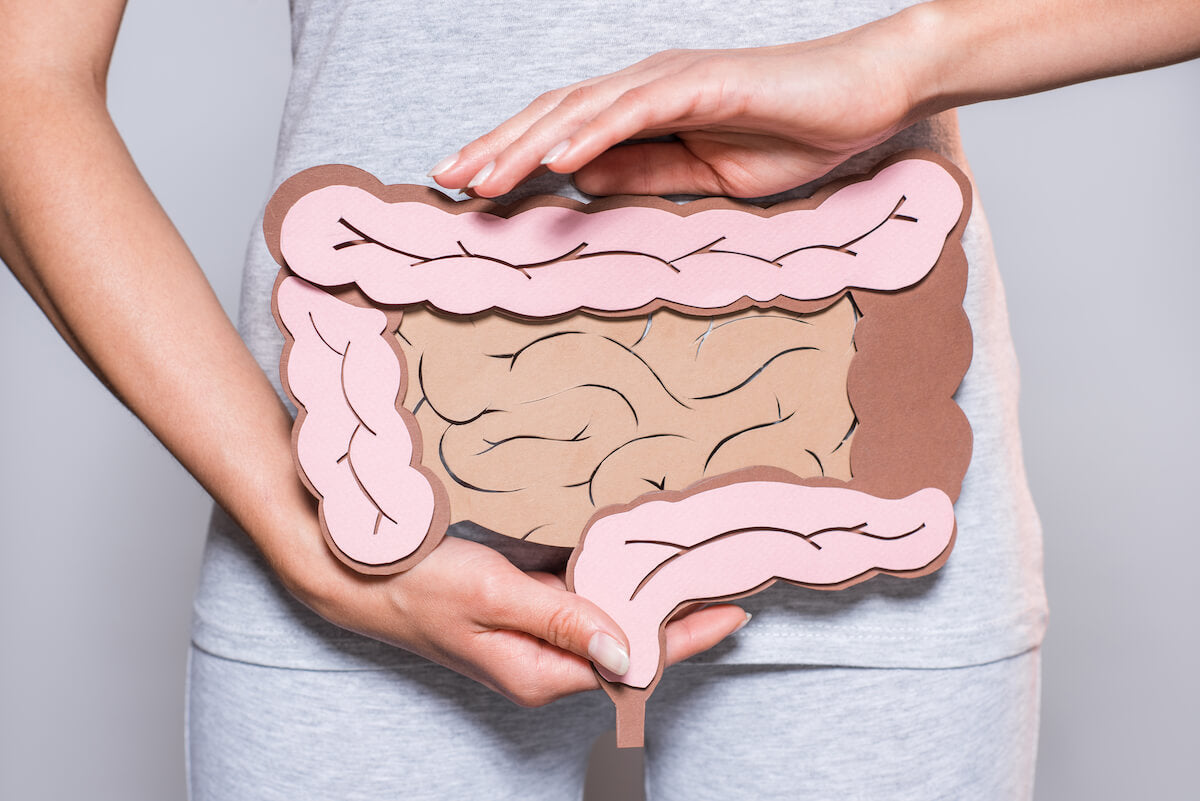
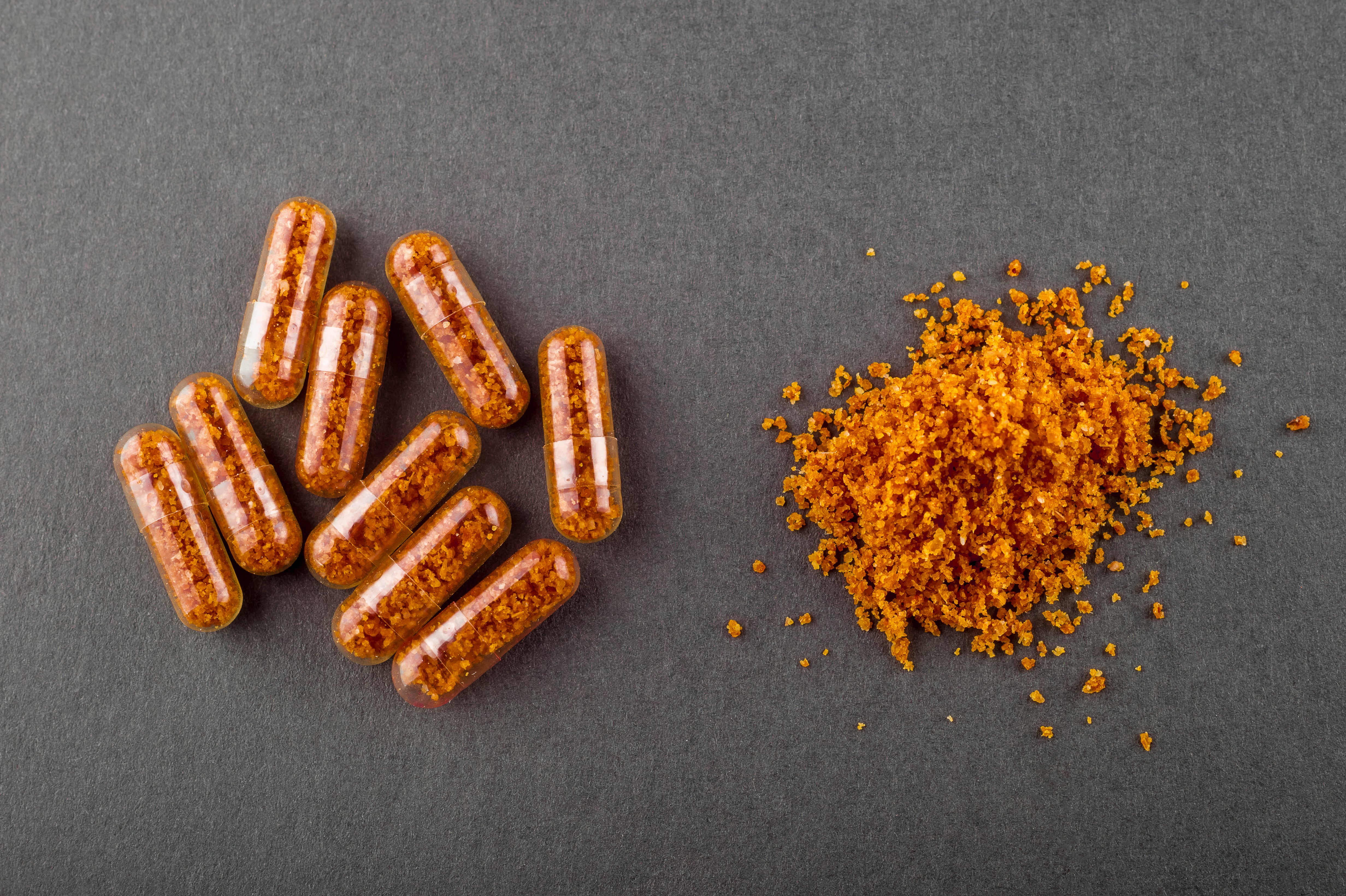


![[Survey] How Long Should You Date Before You Defecate?](http://hellotushy.com/cdn/shop/articles/how-long-should-you-date-before-you-defecate-hero.jpg?v=1611359305)







